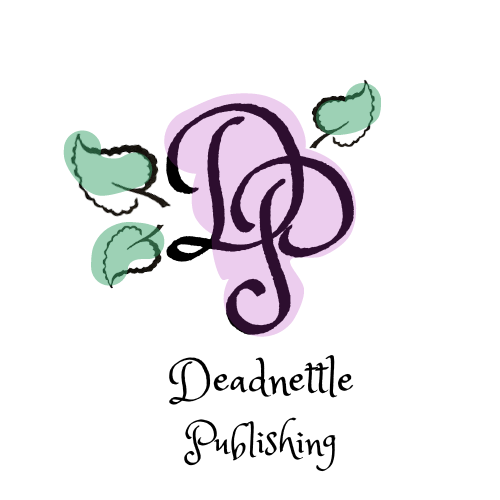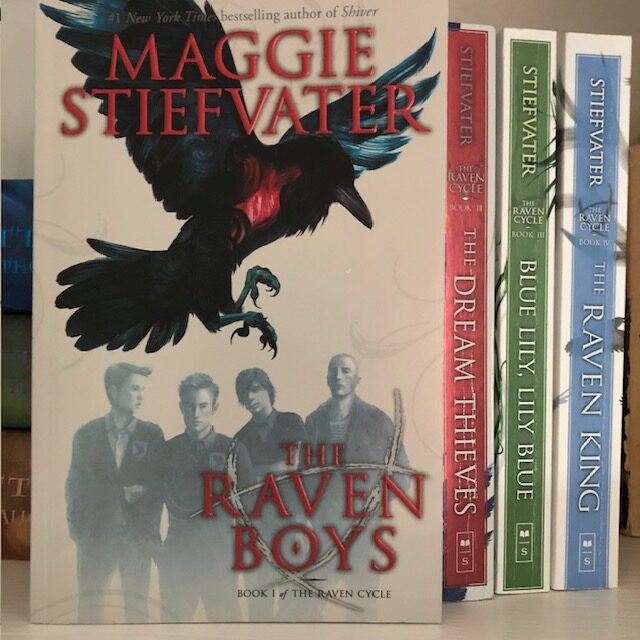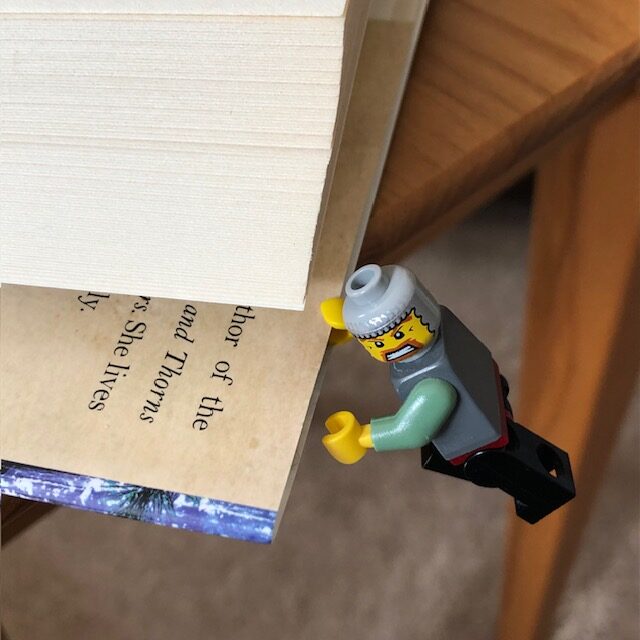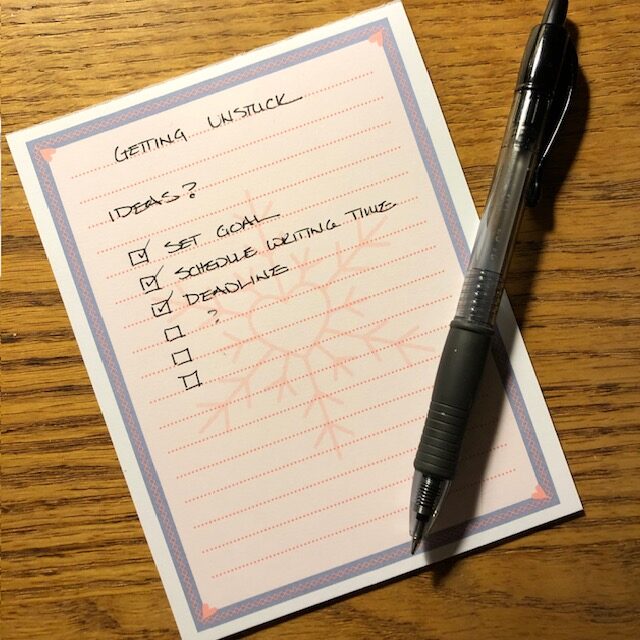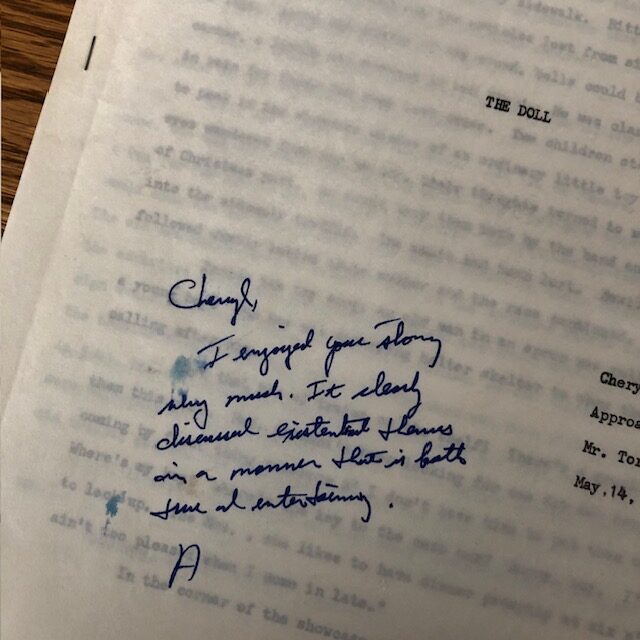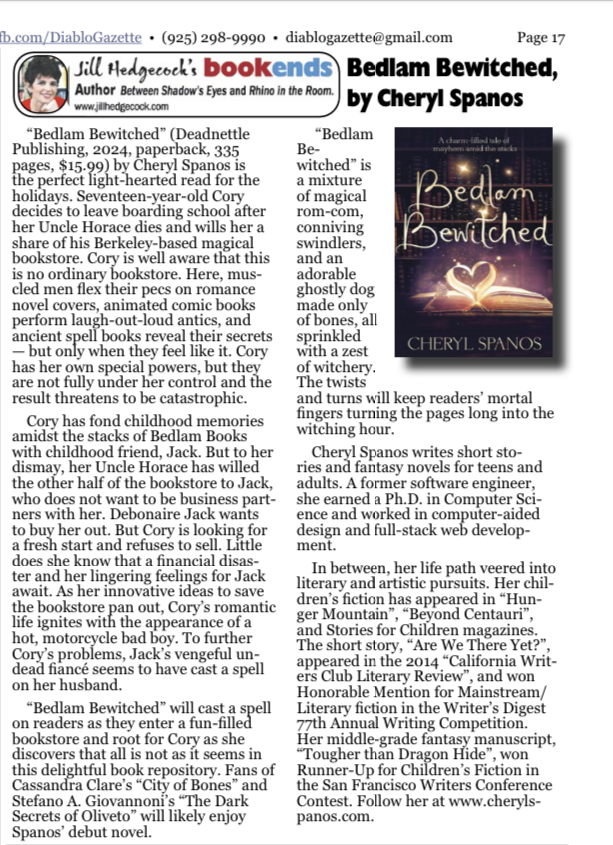


My critique group partner and fellow young adult author, Jill Hedgecock, has just released her sixth novel. Pizco is a teen historical fiction adventure set in ancient Peru. We are planning a joint author signing and reading event at local independent bookstore Reasonable Books in Lafayette, CA. I’ll be reading from my debut YA fantasy Bedlam Bewitched. Jill will read an excerpt from her newest release, Pizco. The event promises a fun time with brief author Q&A, a book scavenger hunt, and a door prize for one lucky winner.
I’m currently assembling the contents of our prize gift basket, which will include several on-theme or book-related goodies. One of these is a hand-crafted, cross-stitched witchy mouse.
An avid cross-stitch enthusiast, I have a stash of stitching patterns, fabric, and floss on hand and always have a work-in-progress. Lately, my favorite designer is Just Nan, whose patterns often feature adorable mice and other critters. These are stitched, beaded, and constructed into tiny 3D ornaments. I have completed dozens of her patterns, especially her mice.
The featured mouse in our gift basket is Hazel Fun Witch Mouse. Her dress sports little spiders, stars, glittery purple beads, and a ghostly pumpkin on the back. She has her broom and is ready to fly. Her curly tail doubles as an ornament hook. Hazel joins the gift basket with other nods to our books.
This author event will take place on June 21st. Stay tuned for further details in my June newsletter and plan to join us. In the meantime, you can learn more about Jill’s wonderful coming-of-age adventure, Pizco, on her website at www.jillhedgecock.com and on her Amazon page here.
